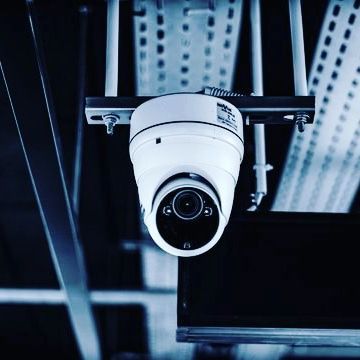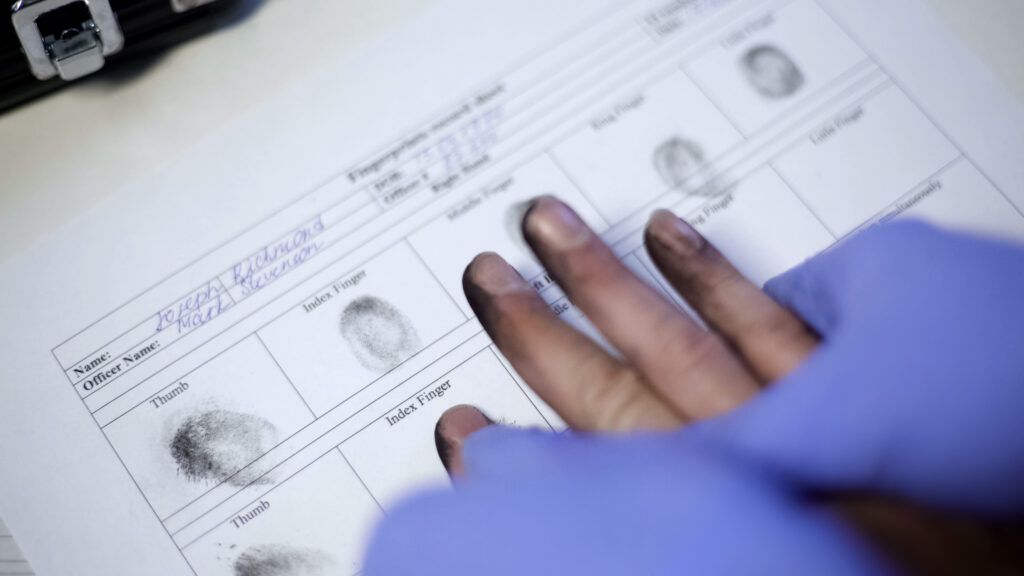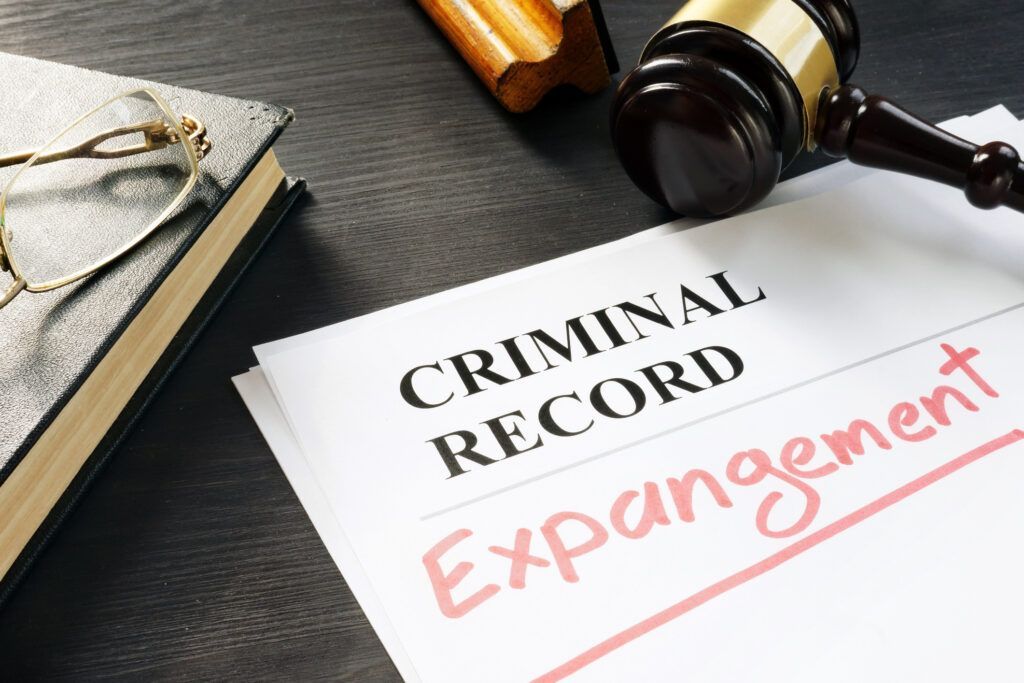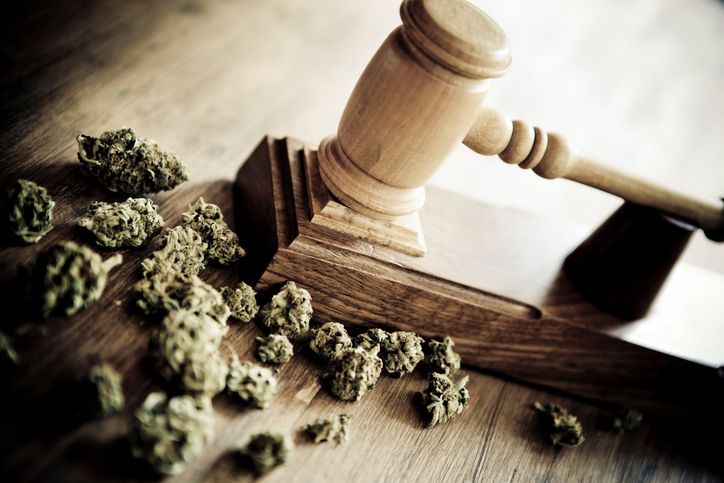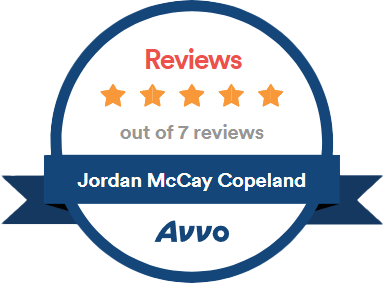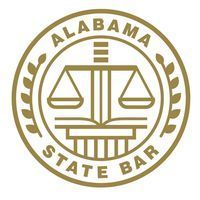Alabama Pardon Hearings discussed by Alabama Pardon Attorney, Jordan M. Copeland. Our law firm’s Alabama Pardon Attorney, Jordan M. Copeland will explain in this blog post an overview of the Application for Pardon Process in Alabama, including expedited hearings. Applications for pardons of felony and Domestic Violence misdemeanor convictions in Alabama state courts are processed with the Alabama Bureau of Pardons & Paroles (“ABPP”).
Our law firm is receiving many questions regarding the length of time it takes for a hearing (final step) to be scheduled after making an Application for Pardon with the ABPP Pardon Unit. The answer is it depends on several factors. In this blog post we will discuss some of the factors involved in the Alabama Pardon Application process.
Alabama COVID-19 Order and Alabama Pardon Hearings
First, we need to start this blog post with some current procedure changes by the ABPP regarding Alabama Pardon Hearings. At the time of posting this blog post (December of 2020 – January of 2021) and since approximately April of 2020, the ABPP is currently conducting closed hearings on Applications for Pardons due to the Alabama Governor’s COVID-19 Order. According to the ABPP website, in part: “Due to COVID-19, no one is allowed to attend the hearings in person. PLEASE NOTE: Per Governor Kay Ivey’s seventh Supplemental State of Emergency Proclamation issued on April 13, 2020, no one will be allowed to attend the parole [pardon also] hearings in person. Instead, individuals may submit a statement of support or opposition …”. see: www.paroles.alabama.gov
Therefore, currently, the ABPP is making decisions on people’s pardon applications based on a large factor to what is contained in the application file. Until the State of Alabama reopens Pardon hearings to the applicant and public the applicant is without the benefit of being able to appear and address the three (3) Board members at any hearing (as is customary). Given this fact, it is the opinion of Alabama Pardon Attorney, Jordan M. Copeland the supporting information submitted to the ABPP for the applicant’s file is extremely important. If you are reading this blog post sometime in the year 2021 or later, hopefully the Governor will have lifted the Order. The the ABPP will once again hold public hearings on applications for pardons in Alabama.
Phases of the Application for Pardon Process in Alabama
Now, let’s discuss the following: how much time does is take for the Application for Pardon process in the State of Alabama from start to finish? And, is there a way to speed up the process? When Alabama Pardon Attorney, Jordan M. Copeland represents clients through the Alabama Application for Pardon process, our law firm explains the process as consisting of three (3) separate phases.
First, initial Application for Pardon documents are completed by the client/applicant and sent to the Pardon Unit at the ABPP headquarters office in Montgomery, Alabama. The Pardon Unit opens the pardon application file and assigns the file a tracking number. Then, the Pardon Unit will assign a local ABPP officer in the county where the applicant resides (or if the applicant resides out of state, a local officer in the county of the conviction will be assigned) to contact the applicant and complete an ABPP Pardon Interview & Investigation packet.
From our Alabama Pardon Law Firm’s experience, in most Alabama counties if the applicant is local then the local officer will mail a letter to the applicant requesting the applicant contact the local office to schedule the Pardon Application Interview. If the applicant resides out of the State of Alabama, the local officer may choose to mail the Pardon Interview Packet to the applicant with a deadline to complete and return it. This part of the process is still the first phase.
Much of the time during this first phase depends, to some degree, on the backlog of files in front of your file. Additionally, how long it takes for the local county Pardon & Parole officer to complete your Pardon Interview & Investigation Report. After the local officer completes the report, generally they will make a recommendation and submit the report to the Pardon Unit of the ABPP in Montgomery for your file.
Second Phase and Request for Expedited Alabama Pardon Hearings
Next, if you retain our Alabama Pardon Law Firm for representation in your Alabama pardon application process, we will enter what we refer to as the second phase. This consists of our customized Pardon Support Packets for each client, along with a written Statement from each client to the ABPP. Additionally, we will prepare and submit a written Request for an Expedited Hearing, if we have the facts to support it in the case, with the ABPP.
A vast majority of our prior pardon applicant clients granted expedited Alabama Pardon Hearings were on the grounds of a substantial and immediate career related reason(s) where time is of the essence. At this phase, if the ABPP considers the grounds for the Expedited Hearing to be enough, they can set the hearing much sooner than if the case was not expedited. For example, depending on the local county, a pardon application that is not expedited may take 5 to 6+ years to reach a hearing, based on current wait times.
However, if a case is expedited for a hearing, it may possibly take only approximately 12 to 24 months depending on multiple factors, based on our experience. Our Alabama Pardon Law Firm recently represented a client that our Request for Expedited Hearing was granted by the ABPP and his pardon application took approximately 13 months from start to decision by the ABPP to grant him a full pardon.
The Final Phase – A Hearing at the ABPP in Montgomery, Alabama
Lastly, the third and final phase as our law firm describes the Alabama Pardon process is the hearing in front of the three (3) Board member panel at the headquarters of the ABPP in Montgomery, Alabama. Alternatively, as discussed earlier, during the current COVID-19 Governor’s Order the ABPP is making decisions on pardon applications without the applicant or attorney being present in any form for a hearing.
When this Order is lifted, hopefully in 2021, and the ABPP resorts back to conducting public hearings, we will be representing our clients presenting at the in-person hearings. These pardon application hearings, from our perspective, are similar to presenting an argument to a Judge or Jury in a court hearing. The applicant can expect to have some questions posed to him/her from the three (3) members. At the conclusion of the hearing, the three members vote with at least 2/3 carrying the decision to either grant the applicant a full pardon, a limited pardon, or no pardon. Statistically speaking, most of the time if a limited pardon is granted it will limit the restoration of firearm rights to the applicant.
Decision of the ABPP after Alabama Pardon Hearings and the Legal Consequences
If ABPP grants you a full pardon, all the political and civil rights you lost when you became convicted of a felony (or firearm rights prohibition for a Domestic Violence misdemeanor) are restored. These rights include: firearm rights (if not prohibited for other grounds), right to vote (if you lost this right due to your felony being a crime of moral turpitude under Alabama law), right to hold public office, and right to sit on a jury.
Further a full pardon has the legal effect in Alabama of vacating a conviction, meaning you are no longer considered legally convicted of the crime. A pardon is a matter of public record, unlike an expungement. Therefore, if you are pardoned of a conviction, your criminal background record will generally be updated by the Alabama Law Enforcement Agency (ALEA) to reflect the pardon. However, a pardon will not remove the record of the fact that you were previously arrested and convicted.
At the time of the writing of this blog post, December of 2020, our Alabama Pardon Law Firm optimistically hopes that in the near future (possibly in 2021 or later) the Alabama Legislature will pass a bill expanding the current expungement law. Hopefully this possible expansion may include the eligibility for certain pardoned cases to petition to expunge the record of the arrest. In the event this expansion of the Alabama expungement law happens, a person who is pardoned of certain eligible charges will be eligible to petition the proper court to expunge their arrest records to the extent of Alabama law.
Contact Alabama Pardon Attorney – Jordan M. Copeland
If you have previously applied for a pardon in Alabama and are waiting on an Alabama Pardon Hearing. You may need legal representation to strengthen and support your Application for Pardon file and representation at your Alabama Pardon Hearing. Feel free to contact our Alabama Pardon Lawyer, Jordan M. Copeland. Alternatively, if you are considering applying for a pardon from a prior felony or misdemeanor crime of domestic violence that happened in an Alabama court, feel free to contact our Alabama Pardon Law Firm to schedule a phone or office consultation.
It does not matter in what state you currently reside, if your prior felony or domestic violence misdemeanor conviction was in an Alabama state court, the proper jurisdiction to apply for a Full Pardon is in the State of Alabama via the ABPP. Feel free to contact our law firm via phone or email to schedule a phone or office consultation with our Alabama Pardon Lawyer, Jordan M. Copeland to discuss possible legal representation of you in the pardon process in Alabama. Office phone: (256) 378-6087 or email: Jordan@ExpungementAlabamaLawyer.com
The post Alabama Pardon Hearings – Alabama Pardon Attorney appeared first on Expungement Alabama Lawyer.
